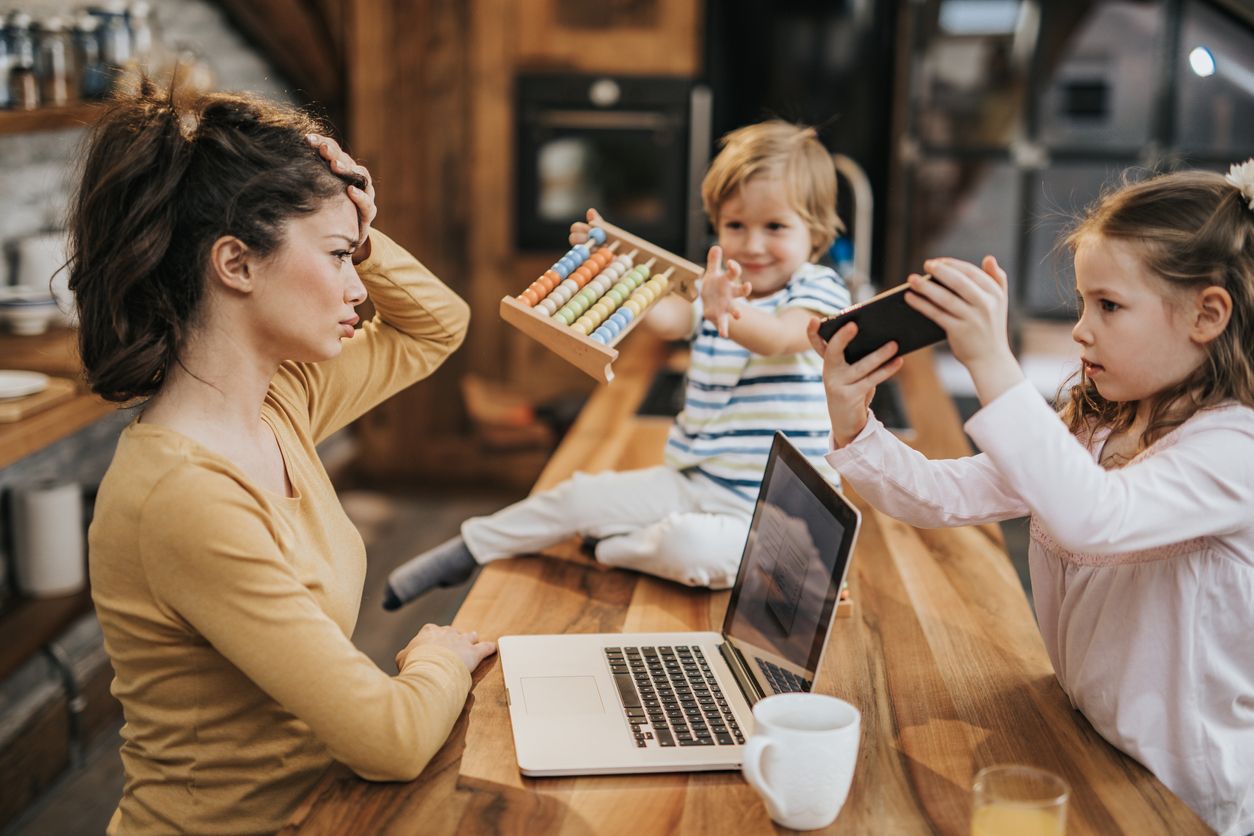
Beginning my assignment in the midst of a global pandemic was daunting, to say the least. To give some additional context, I have essentially moved my family to our cottage in the middle of nowhere where we have almost zero cell reception and have only just gotten internet services since we’ve relocated. I am working on two courses and am home-schooling two of my children, aged five and ten. As I am sure is the case for many parents right now, I sometimes feel overwhelmed. During this time, it seems as though every school, institution, website and library is offering resources to help us further our children’s education while schools are closed. We all want what is best for our children so how can we possibly choose the right resource from the vast array of offerings? “Parents now have the responsibility of making sure their kids continue their education at home. Some are improvising with little worry, while others may find the task daunting, wondering how they are going to work from home a full eight hours and find time to help teach English, math, and science to their children” (Williams 2020).
To be fair, most departments of education are not expecting that parents become full-fledged homeschool teachers, but many parents, like myself, want to know what they can do to help their children’s learning continue at home. “Many parents have reached out to educators to ask for online resources that would help families have routine in the day, and to lessen the slide that may happen if students are missing this much school” (Urquhart 2020). This resulted in a complete inundation of resources and not a clue as to where to begin. For my assignment, I wanted to create a resource that would cherry-pick some helpful activities without parents needing to sift through the vast array of resources themselves.

In order to begin, I thought about how I often find ideas for activities both at home and at school. One of my main sources of inspiration is Pinterest. This is largely due to the fact that it is a visual tool. It is a digital scrapbook format so I can see at a glance if the activity is one that is useful or interesting. It is also an appealing format as I can click on the picture where I am then redirected to another website where I may then find more detailed instructions on how to complete the activity, but potentially additional ideas for activities as well. During busy times, we need tools that require as little time as possible to navigate. I wanted to create a Pinterest-like digital scrapbook for parents that would provide them easy access to specific activities.
Padlet is a digital platform that provides several formats that are easy to navigate. The “shelf” option allows me to organize each of my curated lessons into topics or “shelves” so that parents can easily scan the shelf to see if there is something that interests them in that subject, in much the same way that one would browse the shelves of a library.
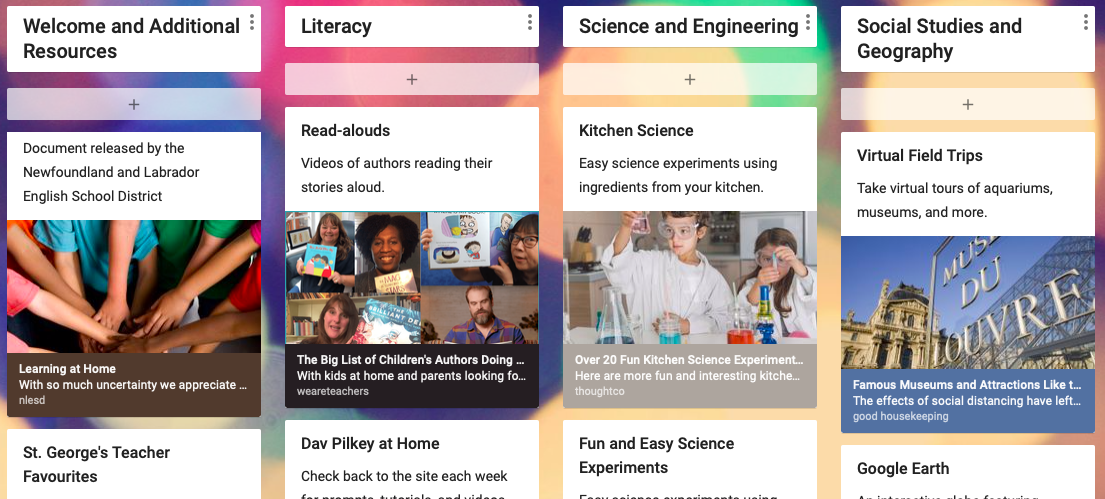
I have also opted to include a shelf where parents can find a short screencast video demonstrating exactly how the Padlet works (https://padlet-uploads.storage.googleapis.com/480983601/fc6de94c24ef9cb45a82e6036f253f6f/Padlet_Intro.mp4) as well as a link to my blog post and additional readings for those who may be interested.
Deciding what exactly to include in this Padlet proved to be quite a challenge. I wanted it to reach a wide range of learners with varying degrees of home support and technology availability. I decided to focus on grades kindergarten to four because not only does that include both my children, but it encompasses all grades at my school. I wanted to include a variety of both digital platforms as well as hands-on activities. For me personally, I happen to have a laptop, an iPad and an iPhone so that both my children can have technology at the same time for different purposes while I am working on the laptop. I realize that not all parents will have this option at all times. I am also keenly aware of the increase in screen time for my children. “Screen time can make parents nervous due to the potential for overuse […] but it can be meaningful when used to connect kids with classmates, family members, or teammates whom they miss” (Williams 2020). In addition, I have found that my children tend to be more engaged when they are learning with technology – not to mention, that it can afford me some much-needed time for my own work as they are learning independently for most of their tech time. Technology, while it has its advantages, should not be the only form of education. I have attempted to provide links not only to some excellent digital resources, but also to some simple hands-on, fun learning activities as well.

One of the most important things to remember during this time is that children thrive on routine. In fact, Dani Kaufman, a child psychologist in Melbourne, Australia, says that “building routines with your children helps them to feel safe […] and that’s why it is so important to develop and stick with a routine in challenging times” (Melbourne Child Psychology and School Psychology Services 2019). This certainly does not mean that the entire day needs to be scheduled and structured, but having children follow a routine, even while they are at home, will help them to feel like there is control in a situation that very often seems out-of-control to most of us. During these challenging times, it is also important to note that “stimulating and responsive family time is crucial for children’s development” (Blaurock and Kluczniok 2017). If you can spare the time from your work day, play a board game or read a story with your children but do not feel guilty if you do not have this time to spare. “It’s ok to choose your job. […] In fact, we need to choose our job. Providing for our family is a higher priority in time of crisis, so when we have to choose, just remember, our children will continue to learn. Perhaps not on the same timeline than if they had stayed in school this year, but they will learn” (Williams 2020).
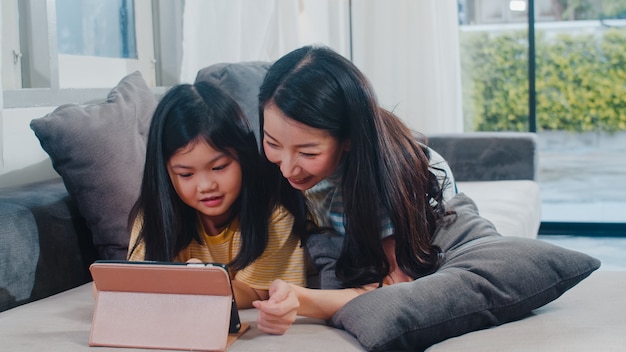
These are unprecedented times. We are all learning as we are going along and “despite the challenges, children and families can emerge from the coronavirus with a sharpened ability to adapt to trying circumstances – a skill-set they’ll have for life” (Jervis 2020). I wanted to play a part in helping parents adapt to this new normal by providing a carefully curated set of lessons that is both accessible and relevant to parents and students. I intend to post the link to this padlet on our school website as well as share via Twitter to reach as many parents as possible in my personal network so that I can then encourage parents to reach out to me if they should have any questions or if they would like to contribute a resource to the page. “Collaborative learning communities have been increasingly emphasized as being significant in supporting children and adults as lifelong learners” (Muir 2016) and isn’t that what we want for our children? As stressful as this situation may be for both parents and children, there are positive things to be gleaned. “The pandemic is forcing educators, parents, and students to think critically, problem-solve, be creative, communicate, collaborate, and be agile. […] Students will take ownership over their learning, understanding more about how they learn, what they like, and what support they need. They will personalize their learning, even if the systems around them won’t” (Anderson 2020).
Bibliography:
Anderson, Jenny. (2020, 29 March). The Coronavirus Pandemic is Reshaping Education. Quartz. Retrieved from: https://qz.com/1826369/how-coronavirus-is-changing-education/
Blaurock, Sabine and Kluczniok, Katharina. (2017, 27 November). Basic care, play, and teaching: the home learning environment and the developmental gradient in time use with children. Early Childhood Development and Care. Retrieved from: https://www-tandfonline-com.ezproxy.library.ubc.ca/doi/full/10.1080/03004430.2018.1439938
Filucci, Sierra. (2020, 17 March). How to Keep Kids Learning When They’re Stuck at Home. Commonsense Media. Retrieved from: https://www.commonsensemedia.org/blog/how-to-keep-kids-learning-when-theyre-stuck-at-home
Jervis, Rick. (2020, 2 April). “We’re All Stressed Out”: Parenting in a Pandemic Puts Additional Stress on Families, Children. USA Today. Retrieved from: www.usatoday.com/story/news/nation/2020/04/02/parenting-amid-covid-19-expert-tips-how-help-kids-home/5109387002/
Martini, Felicity and Senechal, Monique. (2012, July). Learning Literacy Skills at Home: Parent Teaching, Expectations, and Child Interest. Canadian Journal of Behavioural Science, 44(3). Retrieved from: https://search-proquest-com.ezproxy.library.ubc.ca/docview/919223565?accountid=14656&pq-origsite=summon
Melbourne Child Psychology and School Psychology Services. (2019, 24 July). The Importance of Routine in Childhood. Retrieved from: https://www.melbournechildpsychology.com.au/blog/the-importance-of-routine-in-childhood/
Muir, Tracey. Out of the Classroom, Into the Home. Teaching Children Mathematics, 22(8), 2016. Retrieved from: https://www-jstor-org.ezproxy.library.ubc.ca/stable/pdf/10.5951/teacchilmath.22.8.0496.pdf?refreqid=excelsior%3Aa270366486af9a93e9b030c7cc2b0254
Uquhart, Mia. (2020, 4 April). At-Home Learning Won’t Look the Same for Everyone. CBC News. Retrieved from: www.cbc.ca/news/canada/new-brunswick/covid-education-students-home-1.5521217
Williams, Mara Rose and Ritter, Sarah. (2020, 31 March). Parents, Teachers Make Education Work During Pandemic. The Kansas City Star. Retrieved from: https://www.govtech.com/health/Parents-Teachers-Make-Education-Work-During-Pandemic.html
Featured image source: https://www.understood.org/en/school-learning/stuck-at-home-activities
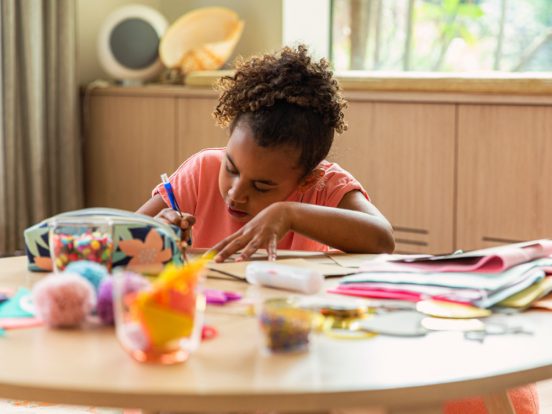
 Follow
Follow
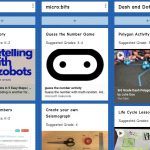



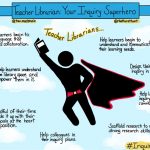

Nicole Reid
April 8, 2020 — 5:43 pm
Melissa, I love the Padlet you created! I found it easy to navigate – it was like a picture based grid structure. I watched the screencast and you mention that the chrome extension can enable adding to the Padlet. I am curious how Padlet lets you vet material that gets added. Do you have final sign off on what can be added?
Tania Sertic
April 12, 2020 — 7:49 pm
How timely is this project?! What a fantastic resource for parents at this difficult time. I really like the layout of Padlet….I used it for my project too! It is simple to navigate. You chose some great links and ideas to share with parents!